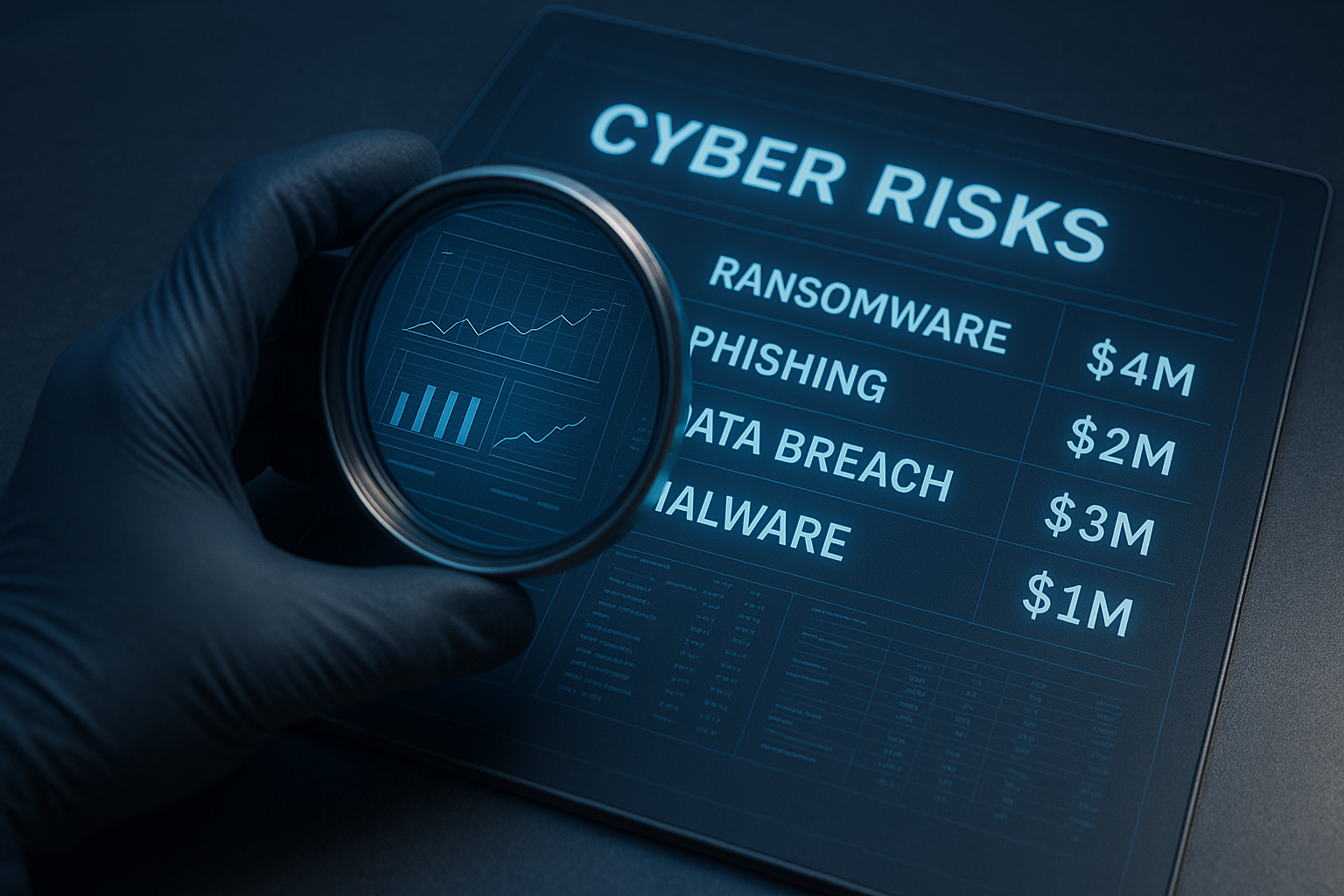Making the shift to a new platform is a daunting task. At its core, it is an investment in the future of your cybersecurity program. In order to decide to make the shift, it is important to understand what you and your team are leaving behind. Many information security teams (from audit to vendor risk management) that start using CyberStrong, come from spreadsheets or a legacy GRC platform. We sat down with our CyberStrong customers and wanted to share the top five things that they don’t miss about their past lives living in spreadsheets or modular GRC and how using the CyberStrong integrated risk management solution has benefitted their teams and workflows.
1. Manual Follow-up emails and Deadline Reminders
Workflow automation is one of the primary reasons that information security leaders seek out a better solution to managing their cybersecurity programs. Too often, leaders and practitioners alike spend their time chasing down fragments of spreadsheets to roll into a master document to complete an assessment that, unfortunately, was outdated weeks or months ago. CyberStrong automates that follow-up process, and because managers can add as many collaborators as necessary at no additional charge, the platform will remind those assigned to a given control when the deadline to complete is coming up.
2. Miscommunication Between Assessment Teams
Here is the dream of a single pane of glass solution that eliminates the host of spreadsheets and doesn’t require any module configuration. Rather than spending time stuck in version control with tens if not hundreds of spreadsheets or switching back and forth between modules, CyberStrong automatically aggregates assessment data - enabling an integrated approach to cybersecurity management across all functions. By centralizing the information from your audit, risk, and compliance teams, you and your organization can get back to managing risks and meeting compliance requirements.
3. The Spreadsheet House of Cards
From our conversations with teams that are working out of spreadsheets is what we call the spreadsheet house of cards:
Imagine having spreadsheets in the double (maybe even triple) digits with select rows dedicated to one control family or subcategory or another, all distributed across your business, then waiting for the completed sections to come back. Sure, the waiting and follow-up emails are a pain, but it pales in comparison to when the completed spreadsheets start making their way back to you. Now you and your team are tasked with reassembling the assessment into one master document using advanced formulas and the occasional prayer. The result is a superhighway of information that on a good day populates the assessment document and charts and on a bad one throws error after error, which is worse than debugging code.
Sound familiar? Rather than being stuck in this endless loop of breaking down frameworks and standards and distributing only to reassemble the assessment at the end to report out, CyberStrong streamlines that workflow in such a way that you and your team can assign relevant stakeholders to specific assessments, and controls without having to leave the platform. As they complete their assessment of specific controls and assets, you can see that data from one place and will never have to examine a web of spreadsheets again.
4. Losing Sleep Over A New Regulatory Framework
One of the greatest concerns for business and technical leaders alike is the rapidly changing regulatory landscape. For many information security leaders, waiting for the next compliance requirement to appear and then having to wait to see it in a legacy GRC system can take months - then the subsequent scramble once the framework is available to complete the assessment and become compliant before the deadline. Too often, we have heard from security teams that the time to stand up a new or updated framework leaves the compliance teams biting their nails, waiting to see if it will be available in-system before the deadline, let alone if they’d complete the assessment.
With CyberStrong, you can expect any new or updated frameworks (whether regulatory standard or custom internal framework) to be available in the system in less than a week at the latest. With a product team that interacts with regulatory leaders on a regular basis, we proudly sit at the forefront of new regulations as they emerge (having the Department of Defense’s Cybersecurity Maturity Model Certification system within days of the final draft being released). Get ready to meet compliance standards on your timeline, not wait for your GRC platform to deliver.
5. Creating Reports From Already Antiquated Data
It’s the hard truth for teams operating out of spreadsheets and legacy platforms: the workflows that these tools support do not align with real-time data and continuous compliance. The static approach that spreadsheets and GRC platforms delays the feedback loop, which ripples through to the executive management and Boardroom meetings that information security leaders use to secure more budget and illustrate their gaps. Assessments completed on spreadsheets and in GRC tools are outdated the minute they’re completed.
CyberStrong users are able to complete assessments and report on metrics in real-time such that the data CISOs share with the Board and executive management is as up-to-date as possible. This exponentially tighter feedback loop enables a more realistic view of cybersecurity posture and increases information security leaders’ confidence in the metrics they’re reporting on.
A Brighter Future for Cybersecurity Teams
Leaving behind old workflows and processes can seem daunting. As with any change, the important element is to focus on how much better you and your team will be as a result of that change. The fact is committing to adopting an integrated risk management platform will change your organization - for the better. Leaving behind the menial tasks that spreadsheets and modular GRC tools and adopting a dynamic, flexible IRM solution will not only augment your team’s ability but give your leadership greater insight into the cybersecurity posture of the organization as a whole - positioning information security the business function that it needs to be in the digital age.





.png)
.png)
.png)
%201.png)
.png)




